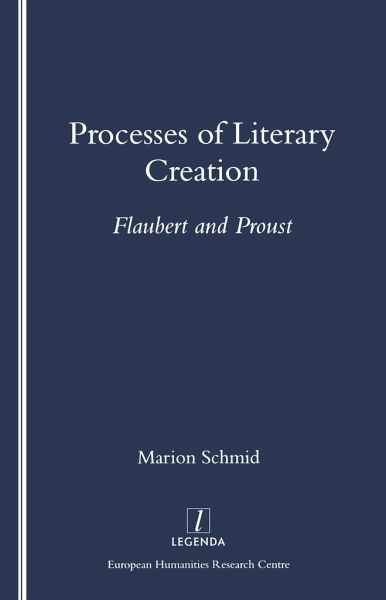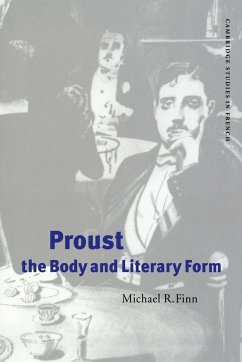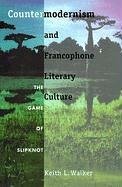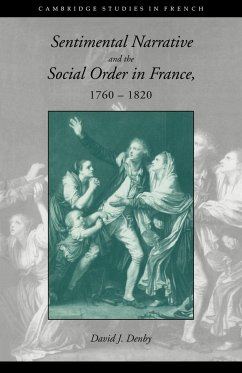
Processes of Literary Creation
Flaubert and Proust
Versandkostenfrei!
Versandfertig in 1-2 Wochen
82,99 €
inkl. MwSt.
Weitere Ausgaben:

PAYBACK Punkte
41 °P sammeln!
This book examines the genetic processes that shaped two of the great literary masterpieces of modernity: Flaubert's L'Education sentimentale and Proust's A la recherche du temps perdu. A detailed investigation of Flaubert's notebooks and scenarios from 1864 to 1869 and Proust's cahiers from 1908 to 1911 reveals the most diametrically opposed ways in which the two novels evolved in their early stages. By challenging certain modernist' readings of Flaubert, and inviting a rethinking of Proust, the author demonstrates that genetic studies have a direct bearing on the interpretation of literary t...
This book examines the genetic processes that shaped two of the great literary masterpieces of modernity: Flaubert's L'Education sentimentale and Proust's A la recherche du temps perdu. A detailed investigation of Flaubert's notebooks and scenarios from 1864 to 1869 and Proust's cahiers from 1908 to 1911 reveals the most diametrically opposed ways in which the two novels evolved in their early stages. By challenging certain modernist' readings of Flaubert, and inviting a rethinking of Proust, the author demonstrates that genetic studies have a direct bearing on the interpretation of literary texts.














